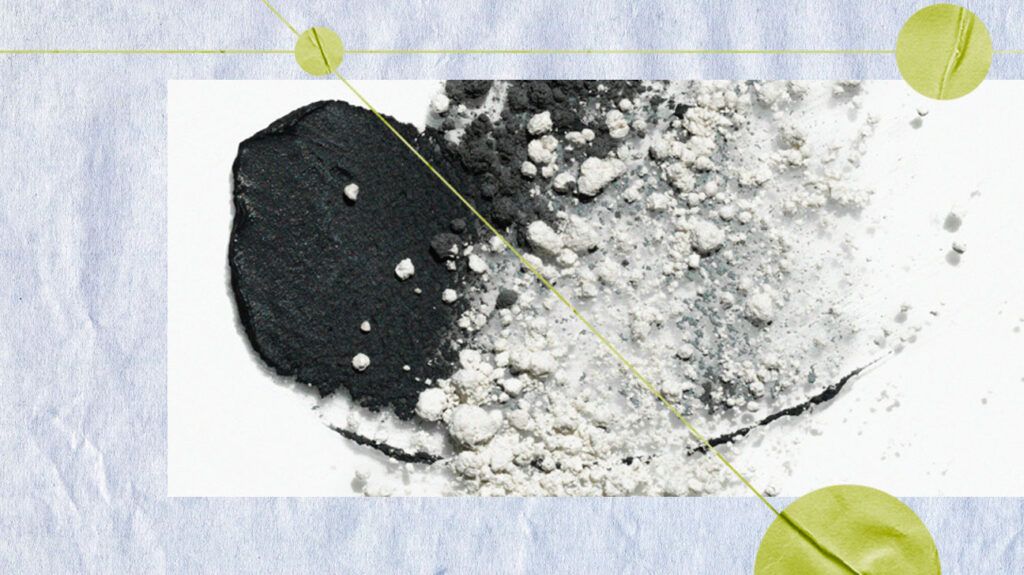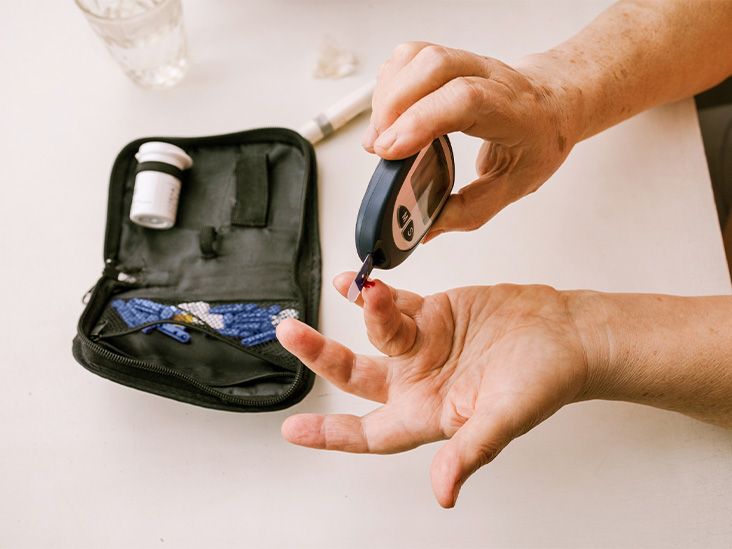Doctors may use activated charcoal if a person has ingested certain toxins. However, more research is necessary to understand whether it can benefit or detox the body.
Activated charcoal is only effective against certain toxins in certain circumstances. No current research proves that it can detoxify the body, so people should speak with a doctor before using over-the-counter (OTC) products for this purpose.
This article explains the potential effectiveness and risks of an activated charcoal detox.

Charcoal comes from burning carbon-rich material, such as wood, to produce a fine, black substance.
Manufacturers then treat the charcoal to make it more porous. Increasing its surface area in this way allows more substances to bind to it. This treatment is what makes the charcoal “activated.”
Doctors
Activated charcoal can only bind to certain substances. For this reason, healthcare professionals may only use it as a remedy for certain toxins.
Other potential uses for activated charcoal include filtering impurities during food and drink production and removing color from certain foods, such as sugar or vinegar.
Some OTC activated charcoal products claim to support general detoxification of the body. However, no scientific evidence currently supports these claims.
The
People should always speak with a doctor before using OTC activated charcoal products. Further research is necessary to understand whether activated charcoal can benefit health.
Doctors
Activated charcoal is most effective when a doctor administers it within 1 hour of ingesting toxins. However, it may offer benefits up to 4 hours after toxin ingestion.
After this time, the toxic substance may no longer be in the stomach, and the treatment may be ineffective.
The right amount of activated charcoal may depend on the amount of poison that the person ingests. If the person knows the dose of the toxin, a doctor may administer up to 10 times the amount of activated charcoal as that of the toxin ingested.
This is not necessarily practical if a person ingests a large amount of toxins or does not know the toxin dose. In these cases, a doctor may administer 1 gram of activated charcoal per kilogram of body weight.
Doctors may only administer a single dose of activated charcoal if they know it can be effective against the ingested toxin and the person is alert and cooperative.
However, in some cases, the doctor may prescribe multiple doses of activated charcoal. This may benefit life threatening poisonings from ingesting:
- carbamazepine
- dapsone
- phenobarbital
- quinidine
- theophylline
Substances that do not bind to activated charcoal
People should also be aware that certain substances
People should consult a doctor if they have ingested a toxic substance rather than using OTC activated charcoal products. A doctor will decide if it is the best remedy and monitor the person to ensure their safety.
They can also contact the Poison Control hotline on 800-222-1222 to find out if they need to go to the emergency room immediately.
Traveler’s diarrhea
Some activated charcoal products may claim to relieve symptoms of traveler’s diarrhea, including bloating, cramps, and gas.
However, the Centers for Disease Control and Prevention state that no solid evidence supports these claims.
More research is necessary to understand the effects of activated charcoal products on gastrointestinal disturbances, such as diarrhea.
Removing phosphorus from the blood
When a person has chronic kidney disease, their kidneys are less able to remove excess phosphorus from their blood. This can result in various complications, particularly cardiovascular disease.
In
One group of participants received activated charcoal, while two similar groups received other phosphorus-binding substances.
The researchers found that the participants who took activated charcoal showed significantly delayed increases in phosphorus levels.
However, the researchers highlight the need for further research. People with kidney disease should speak with a doctor before trying activated charcoal.
Many people do not enjoy the taste or texture of activated charcoal drinks. Some people
Some people may also aspirate their vomit after drinking activated charcoal. Aspiration, in this case, involves inhaling vomit into the lungs. This can lead to an infection called aspiration pneumonia.
Large or repeated doses of activated charcoal may also cause a blockage in a person’s digestive tract.
Because of these dangers, doctors will only give people activated charcoal if the benefits outweigh the risks.
It is possible to buy OTC products containing activated charcoal. However, some of these may make unproven health claims. The FDA
People should always speak with a doctor if they wish to take activated charcoal. If someone has ingested poison, they should not use activated charcoal by themselves.
Instead, they should contact a healthcare professional immediately. They can also call the free Poison Help line at 800‑222‑1222.
Experts do not recommend activated charcoal detoxes for general use. Activated charcoal is only effective against certain toxins in certain circumstances.
Doctors may use it to remove specific poisons from the body shortly after ingestion. People should not use activated charcoal for toxins without a doctor’s guidance.
Activated charcoal may cause adverse effects, such as vomiting or intestinal blockages. A doctor will only administer it if the potential benefits outweigh the risks.


